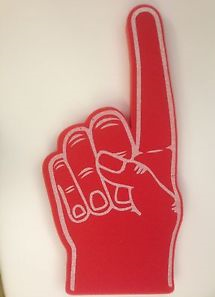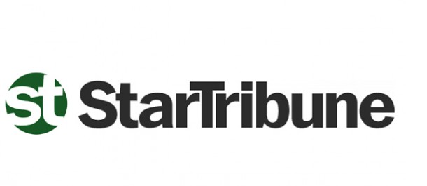Make Time for the Work that Matters
 How much work can you get done before shifting your attention to the other parts of your day? How many tasks can you mark off your “to do” list before 5 or 6 p.m.? How do you know if you’re even focusing on the right stuff?
How much work can you get done before shifting your attention to the other parts of your day? How many tasks can you mark off your “to do” list before 5 or 6 p.m.? How do you know if you’re even focusing on the right stuff?
If you manage others, it also can be tough to know if your employees are using their time efficiently. “A manager may suspect that an employee is spending his time inefficiently but be hard-pressed to diagnose the problem, let alone come up with a solution,” writes London Business School strategy professor Julian Birkinshaw and productivity expert Jordan Cohen in the September edition of Harvard Business Review.
These guys know a thing or two about work productivity. Birkinshaw is the author of “Becoming a Better Boss” and Cohen is the recipient of the 2010 grand prize from the Management Innovation eXchange (MIX) for his employee productivity work with Pfizer.
They describe a process that knowledge workers can use to “make time for the work that matters.” It’s a topic worth thinking about, considering the research showing that by their own admission “knowledge workers spend a great deal of their time—an average of 41 percent—on discretionary activities that offer little personal satisfaction and could be handled competently by others.”
It’s puzzling. If workers understand that much of the work they’re doing can be better handled by someone, presumably less skilled, than themselves, why do they keep doing it?
The authors hypothesize that people instinctively “cling to tasks that make (them) feel busy and thus important, while (their) bosses, constantly striving to do more with less, pile on as many responsibilities as (employees) are willing to accept.”
They also assign some of the blame for less than optimal productivity to lean-to-the-bone organizations that expect higher level employees to take on some low-value tasks that distract them from more important work.
How can knowledge workers be more productive? How can managers be more strategic in encouraging employee productivity? Check back for my next few posts to find out what productivity experts Julian Birkinshaw and Jordan Cohen recommend. I’ll also share how Intertech manages the time-task-value conundrum.



